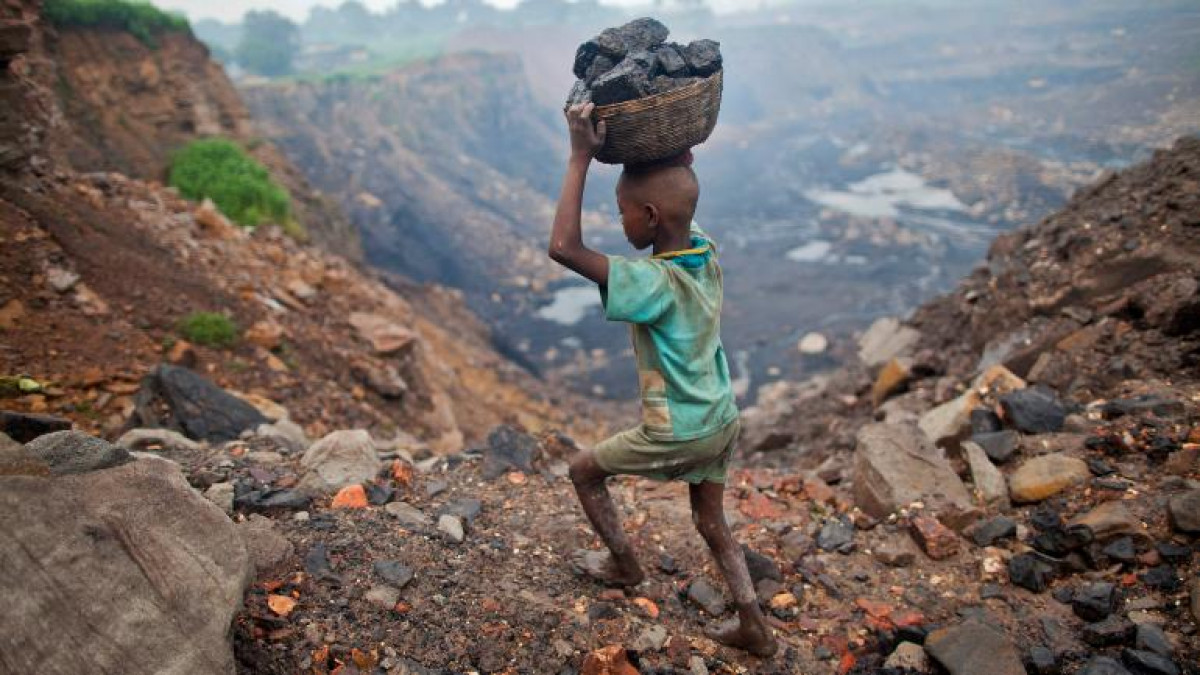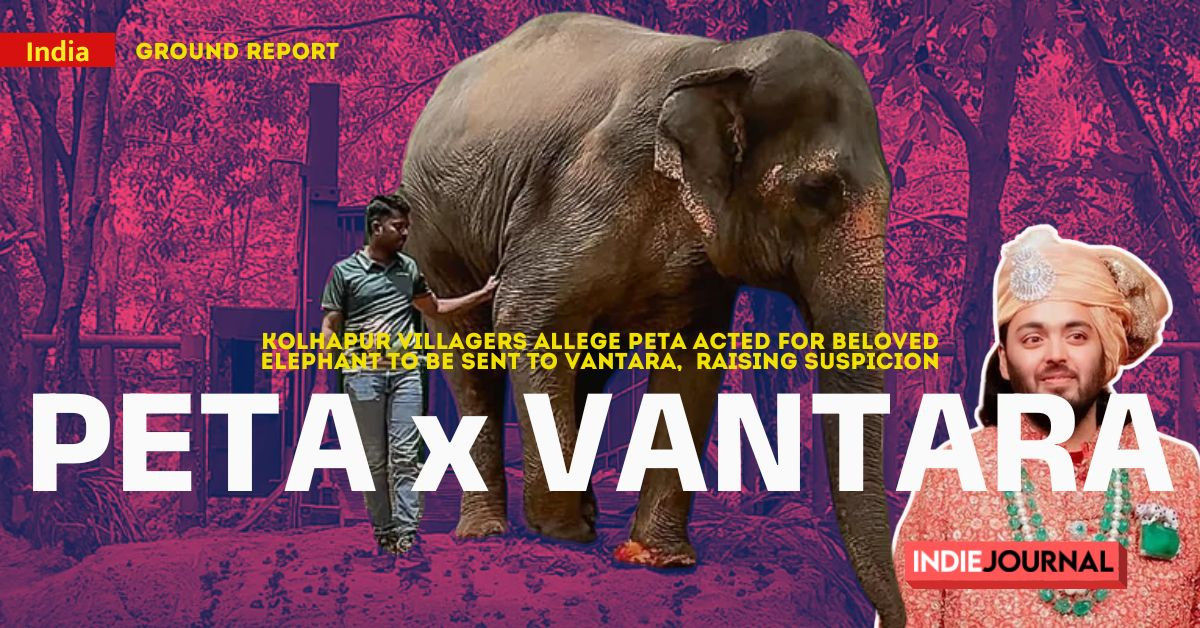India
Campaign Against Child Labour urges governments to not dilute labour laws on World Day Against Child Labour
Today is World Day Against Child Labour

Disruption of the economy and loss of livelihoods caused by the Coronavirus pandemic has affected millions of lives across the globe. However, experts and organisations working towards child rights have pointed out that children would be amongst those worst-affected by this crisis, which could alarmingly push more children into child labour in the post-COVID world.
Fearing this possibility, the Campaign Against Child Labour (CACL) has urged the governments not to dilute the labour laws, on the World Day Against Child Labour (June 12).
As per CACL, such a scenario will backtrack the country from its commitment to the United Nation’s ‘sustainable development goals’ to eradicate Child Labour totally by the year 2025. “In the last decade, the number of children into child labour in India had decreased positively, presenting a ray of hope. However, in the coming decade, the number is predicted to be increasing. Governments and organisations like ours must work together to prevent that as much as possible,” Manish Shroff, Maharashtra Convener of CACL said.
Labour laws and children
With reverse migration of hundreds of workers and the loss of livelihoods, the dropout rates from the schools might see an increase in the upcoming months. If the Labour laws are diluted, it could put the families of workers into greater insecurities and further impoverishment. This would push more children into the labour market.
“Government might dilute labour laws pertaining to working hours, maintenance of registers of workers, and so on. This would make the children who are already into labour as well as those who would be pushed into it more vulnerable. We have appealed to the governments not to take such a step,” Shroff said.
He also added that the post-COVID world is going to present scarcity of labour and lack of money, both of which would lead to child trafficking and labour.
This year, the UNICEF and the International Labour Organisation (ILO) has also emphasised upon the need to protect children from child labour more than ever, due to the ongoing crisis surrounding COVID-19 and lockdown.
“The COVID-19 health pandemic and the resulting economic and labour market shock are having a huge impact on people’s lives and livelihoods. Unfortunately, children are often the first to suffer. The crisis can push millions of vulnerable children into child labour. Already, there are an estimated 152 million children in child labour, 72 million of which are in hazardous work. These children are now at even greater risk of facing circumstances that are even more difficult and working longer hours,” the ILO has published.
As per Manish Sharma of Bachpan Bachao Andolan (BBA), the traffickers have already begun spotting children going back to the villages. “We have sure-shot information coming from the fields that the human traffickers have begun contacting and extending support to the families migrating back home so that they could use their children as bonded labour in the time to come,” Sharma said.
Monitoring the children
“It will become very important to monitor the children of the unemployed families who have gone back to their villages, and this could be done at the Gram Panchayat level,” Sharma said, as he added that suggestions were made to the government in this regard.
He added, “Panchayats can maintain the data of the children through MGNREGA registers. The government can also track the e-passes issued to migrant families and those who travelled in Shramik Special trains to see to it that the children are in the system. This can also be done by Panchayats by ensuring that all children in the village are enrolled at local schools.”
Bachpan Bachao Andolan has been training administrative and law enforcement officials in spotting and dealing with child labour for a long time, but now, they have started online training pertaining to the COVID-19 situation.
Is online education ‘for all’?
“A survey conducted by CACL across India showed that maximum parents showed a desire to send their children to school, however, after lockdown, it is possible that more children will be expected to work,” Shroff said.
“Any child out of school is a ‘potential labourer’. Therefore online education cannot be a substitute for a long time for schooling,” said a statement issued by the CACL on Friday.
He also added that online education, which is being promoted as an alternative, cannot be a long-term solution, as in rural areas as well as urban slums, access to necessary gadgets, internet and even electricity is not available for all children.
Priyank Kanoongo, Chairperson, National Commission for Protection of Child Rights (NCPCR) told Indie Journal that the Commission is constantly in touch with its State counterparts in order to discuss measures that could be taken to curb this problem, and all possible efforts will be made.





